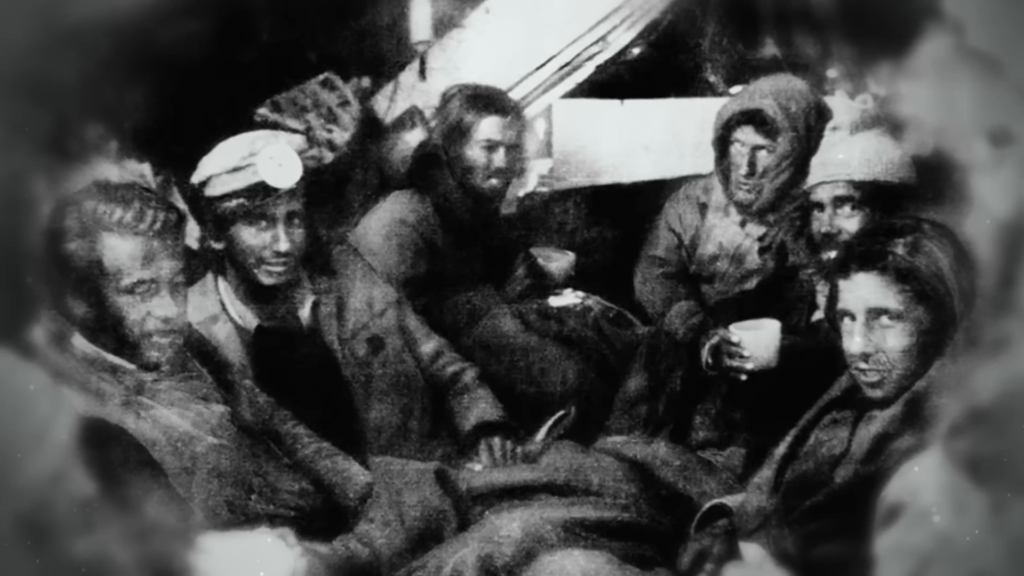Understanding Napoleon Bonaparte: Hero or Villain?
Napoleon Bonaparte is a figure who has left an indelible mark on history, often evoking mixed opinions. His journey from a young boy in Corsica to one of the most powerful leaders in Europe is a tale of ambition, military prowess, and complex governance. In this blog, we will describe how Napoleon conquered Europe, his rise to power, his military campaigns, and the legacy he left behind.

Early Life and Rise to Power
Born in Corsica shortly after it fell under French control, Napoleon was destined for greatness. His early years were influenced by Enlightenment thinkers, and he quickly excelled in military school, specializing in artillery. By the age of 24, he became a second lieutenant in the French army, showing promise that would soon lead him to significant military roles. To describe how Napoleon conquered Europe, one must first understand his strategic approach to leadership and governance.
In the turbulent years of the French Revolution, Napoleon found himself rising through the ranks. In 1793, he was appointed as a senior gunner and artillery commander. His strategic brilliance became evident as he successfully suppressed uprisings and led military campaigns against foreign powers. By 1799, he seized control of the French government, establishing himself as First Consul, setting the stage for what many historians describe as how Napoleon conquered Europe with sheer force and diplomatic maneuvering.
The Napoleonic Code and Administrative Reforms
As First Consul, Napoleon implemented several reforms that had a lasting impact on France. He established the Napoleonic Code, which laid the foundation for modern legal systems in many countries. This code emphasized equality before the law and the protection of property rights, reflecting the revolutionary ideals he professed to uphold. When scholars describe how Napoleon conquered Europe, they often highlight these reforms as tools he used to unify and strengthen the regions under his control.
Napoleon also restructured the educational system, creating a centralized system of schools and universities. His focus on education aimed to produce a skilled workforce that could support his empire. To describe how Napoleon conquered Europe, one must consider his efforts to instill loyalty to the state and promote the values of the revolution through education, shaping the minds of future generations.

Military Campaigns and Expansion of the Empire
Napoleon’s military genius was perhaps most evident in his campaigns across Europe. His forces achieved remarkable victories against Austria, Prussia, and Russia, extending French territory and influence. To accurately describe how Napoleon conquered Europe, we must analyze his tactics in the Battle of Austerlitz in 1805, where he decisively defeated the combined forces of Russia and Austria, solidifying his reputation as a master strategist.
However, Napoleon’s ambition led to conflicts that would ultimately contribute to his downfall. His decision to invade Russia in 1812 marked a significant turning point. To describe how Napoleon conquered Europe, it is essential to understand that this campaign resulted in the loss of a large portion of his army, leading to a decline in his power and eventually his fall from grace.

Controversies and Criticisms
Despite his accomplishments, Napoleon’s legacy is marred by controversies. His reintroduction of slavery in French colonies and the authoritarian nature of his regime raised questions about his commitment to the principles of the revolution. While many describe how Napoleon conquered Europe with admiration for his military genius, others criticize him for abandoning the democratic ideals he once claimed to uphold.
The Fall of Napoleon
After a series of military defeats, Napoleon was forced to abdicate in 1814. He was exiled to the island of Elba, but his return to power in 1815 was short-lived. The Battle of Waterloo marked the final defeat of Napoleon, leading to his second exile on the remote island of Saint Helena, where he spent the remainder of his life. To fully describe how Napoleon conquered Europe, one must also account for his eventual defeat, which served as a cautionary tale of overreach and ambition.
Legacy and Impact
Napoleon’s impact on Europe is profound. His military strategies are studied in military academies around the world, and his reforms laid the groundwork for modern legal and educational systems. While some describe how Napoleon conquered Europe as a heroic spread of revolutionary ideals, others see him as a tyrant whose ambitions led to widespread suffering.

Conclusion
In examining Napoleon Bonaparte’s life, we find a complex figure whose actions shaped the course of history. His legacy continues to spark debate: was he a champion of the people or a self-serving dictator? As we describe how Napoleon conquered Europe, the answer may depend on one’s perspective on the balance between ambition and ethics in leadership.
